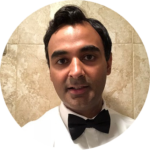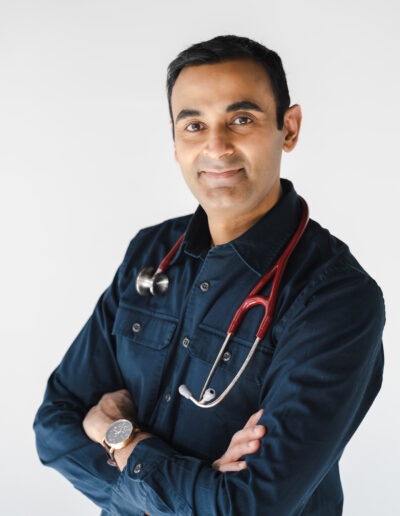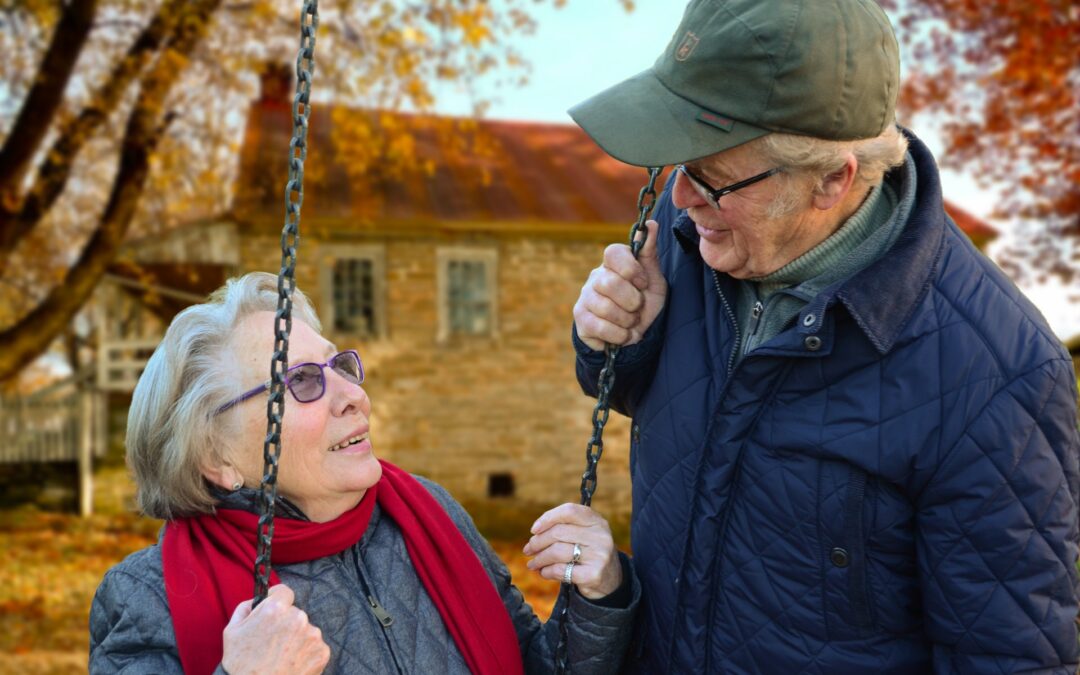I recently heard the following viewpoint from a very active person in their mid-70s:
Before the pandemic, I was in the golden years of my life. I used to enjoy gathering with all my family and friends, and was traveling the world seeing new places I’ve always wanted to see. The last couple of months has been horrible, I’m a scientist by training, and understand the initial need to flatten the curve and stop the spread. I don’t mind spending several weeks or months living under this lockdown with these restrictions, but if we’re talking years—count me out. I’m a social person, want to be able to see my family and friends regularly, and don’t want my remaining years devoid of this, and the ability to travel. I know the statistics well, and the mortality rate is less than 10 percent in my age group, maybe much lower, and less than 1 percent in younger, healthier people. My age group is the one that supposedly needs the most protection, and I understand the risk. But nobody has asked me, or anyone else my age, and we have no voice in the media. To be honest, I’d rather take my chances than let my remaining years be in isolation at home—waiting for an effective vaccine or treatment which may never come. I understand the need to protect people, and by all means anyone who wants to socially isolate completely, can do so—but I don’t want to live like this for the remaining few good years of my life.
What do people think of this viewpoint? Is it reasonable or selfish?

Suneel Dhand is a physician, writer, and personal trainer. He is Co-Founder at DocsDox. His two main passions are preventive medicine and improving communication skills. Follow him on YouTube and Instagram.


Not unreasonable with a few sensible precautions. Full lockdown in his house, no.
I wholeheartedly agree. I want to be useful, not protected. I want to serve, not be sheltered from just one thing that might be my way of exiting this life. That said, I also do not want extraordinary care if I catch this thing or something like it. I do not want to be on a ventilator. I do not want to be sedated or “comatzied” or pounded on to resuscitate me. I’m 67 years old; I’ve had a good life. I’m a senior athlete and a creative artist. I don’t want to die. I am a person of faith, but I have no idea what is next, if anything. But I want to live a life, not be preserved in some kind of isolation amber. (I mean “amber”–like a bug.)
Frankly, as much as I sympathize and empathize with how you’re feeling, this pandemic is about a LOT more than just one person. By going out and being ignorant (i.e.; by being selfish), you not only risk your own life but you also risk other people’s lives.
How would you be able to justify this to a young child if you hugged them and they succumbed to the virus? (Yes, although their risk is low, there is one incidence involving the death of a 3-year-old). How would you be able to justify passing it along to a friend and having them infect their spouse, mother, father, or child?
How can you possibly justify putting the lives of people on the front lines (doctors, nurses, paramedical personnel, grocery staff, etc) at risk? These are people who are risking their health (and lives) so that sick people have a chance to recover from whatever illness they have; grocery store staff working to enable YOU to have food on your table; and etc, etc.
And, life means being “of service to others and your community!” It doesn’t mean you get to “enjoy” your remaining years at the expense of others and of the community at large!
So, with a seemingly cavalier attitude and motive (me, me, me!), I’m not sorry to say to you, “yes, you are being terribly selfish!” It may be enlightening to think of others outside of yourself! You’ve enjoyed your 70+ years, or 67 years… don’t you think other people would want to live a life like the one you have?
Yeesh!
It seems it depends upon where you live and other variables. I live in a continuing care community where almost everyone is 80 and over. And we are very well protected by administration. So, we are in a more dangerous situation than many. It goes without saying that we have our responsibility to protect ourselves, no matter where we live. So if we take measures to avoid infection ourselves we are pretty safe.
Further so much is not known about this virus, its causes and effects, its numbers of afflicted and inaccurate counting methods that it is hard to identify exactly where contamination lies.
Enjoying our same freedoms as before the virus may not be possible and to insist that we can resume where we left off is a mistaken narrative.
Darwin was right…survival of the fittest…and we must adapt. The viruses adapt as well so that they can survive. Why shouldn’t we?
Suneel
What do you think about this?
A new paper published last week in the New England Journal of Medicine, on which Li is a co-author, found widespread evidence of blood clots and infection in the endothelial cells in the lungs of people who died from Covid-19. This was in stark contrast to people who died from H1N1, who had nine times fewer blood clots in the lungs. Even the structure of the blood vessels was different in the Covid-19 lungs, with many more new branches that likely formed after the original blood vessels were damaged.
“We saw blood clots everywhere,” Li says. “We were observing virus particles filling up the endothelial cell like filling up a gumball machine. The endothelial cell swells and the cell membrane starts to break down, and now you have a layer of injured endothelium.”
Finally, infection of the blood vessels may be how the virus travels through the body and infects other organs — something that’s atypical of respiratory infections.
We wave and chat with grandchildren, nieces, and nephews across the street instead of indoors. We hail young people skate boarding, bicycling, swimming in the ocean. We can still play distanced pitch and catch games. We can swim, kayak, cook, picnic outdoors, and plant gardens in our 70’s while counting our many blessings. We can worship and pray, even if distanced from each other. We might live longer if we adjust to a new normal. New fashions with scarves, masks, and perhaps gloves out in public, as done in days of yore before bug repellants. Let’s celebrate each other and God’s creations, rejoicing in what we have, not what was lost. We are alive.
Bravo for the individual who wants to live life as a social being. Humans have been social beings from day one. Social isolation is also deadly. Please see NIH “Social isolation, loneliness in older people pose health risks” April 23, 2019. I ask those calling her selfish to cite the science. There isn’t any! First the “science” said masks were useful only if one was sick. Next, the “science” indicated that a mask was socially responsible. Ventilators were seen as indispensable until, as Dr. Dhand noted, in some cases they may not have been so necessary. All of this “science” happened within two months. I’ve never heard of clinical trials performed in two months. (Please correct me Dr. Dhand, if you know of any.) Virus “science” has become whatever one can convince others to believe. Most real scientists are still scratching their heads and grasping at any remedies that might seem useful. Data from other non-isolating countries has not shown the efficacy of isolation. (Again, there’s no real science.) The individual in the article seems very responsible. She should not be considered selfish just because her definition of “responsibility” does not match the current “fad”! In lieu of any settled science (usually taking a decade or more) her considered opinion is as good as that on anyone else.